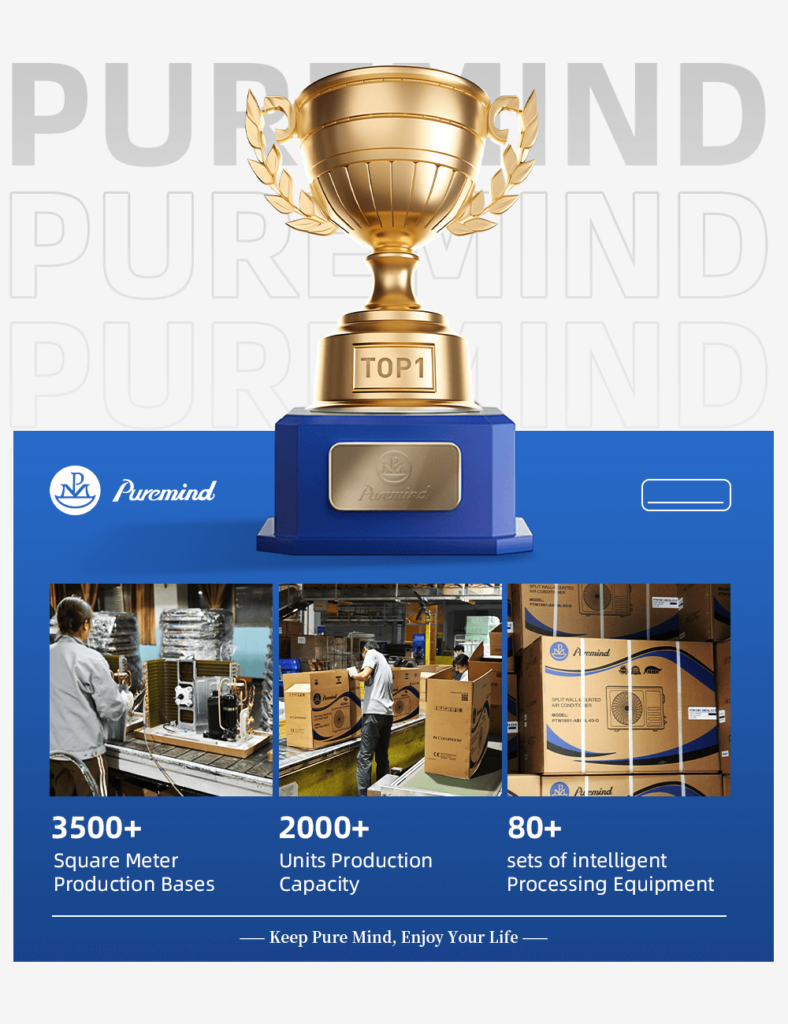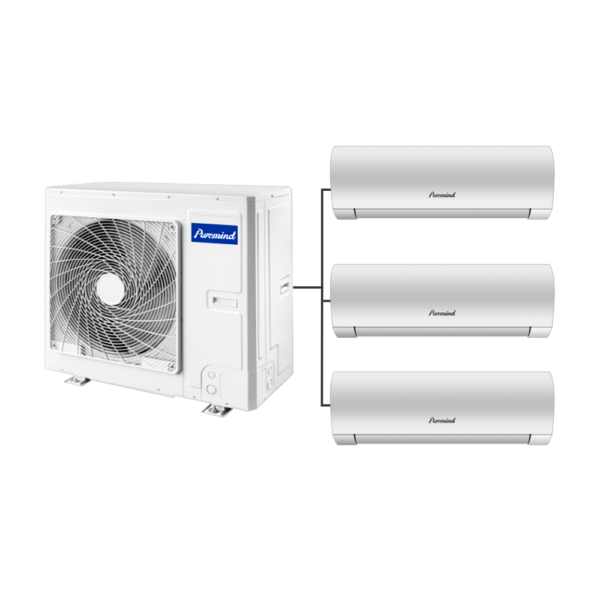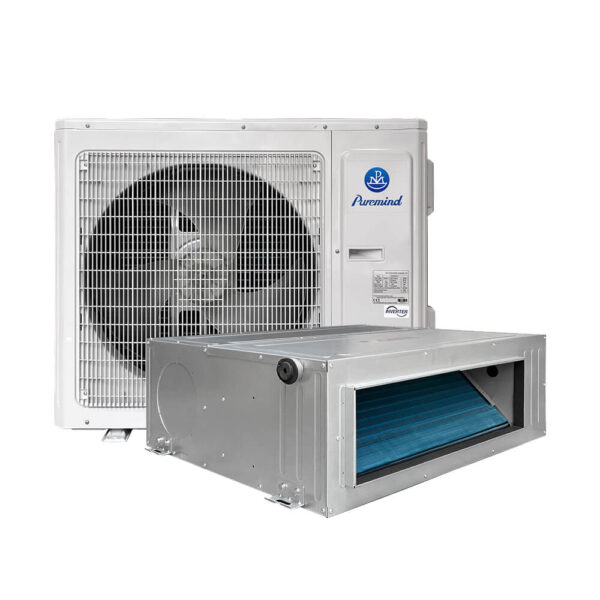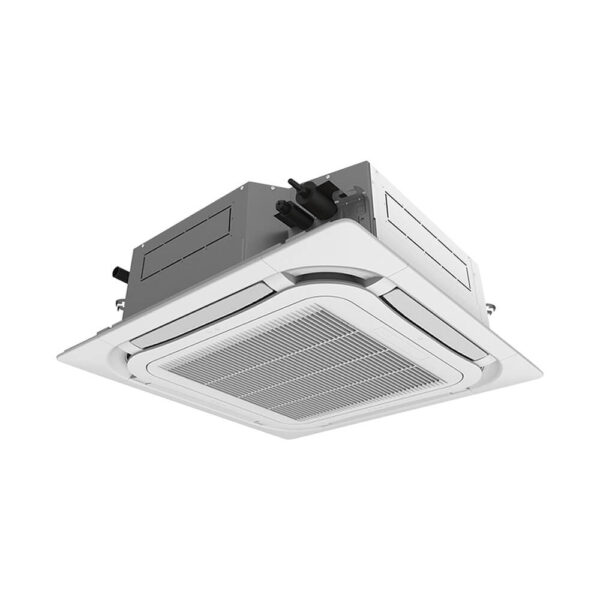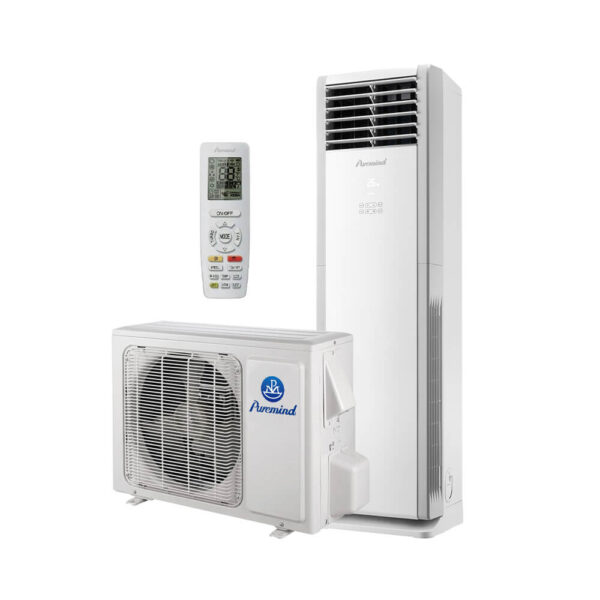Commercial HVAC Companies: Complete Guide to Systems, Services, and Industry Insights
In today’s competitive business environment, commercial HVAC companies play a critical role in maintaining comfortable, healthy, and energy-efficient environments for offices, factories, retail spaces, healthcare facilities, and industrial plants. Commercial HVAC solutions go beyond simple air conditioning—they ensure proper air circulation, humidity control, and compliance with environmental standards. This complete guide explores what commercial HVAC companies do, the types of systems they install, industry best practices, and tips for choosing the right provider for your needs.
What Are Commercial HVAC Companies?
A commercial HVAC company specializes in the design, installation, maintenance, and repair of heating, ventilation, and air conditioning systems for non-residential buildings. These companies work with a wide range of clients, including small businesses, large corporations, government facilities, and educational institutions. Unlike residential systems, commercial HVAC systems are larger, more complex, and often customized to meet the unique demands of the building’s structure, purpose, and occupancy levels.
Key Services Offered by Commercial HVAC Companies
Leading commercial HVAC companies provide a full spectrum of services to ensure that systems operate efficiently year-round. These services include:
- System Design and Engineering – Developing tailored solutions based on building size, usage, and regional climate.
- Installation – Professional setup of commercial-grade HVAC units, ductwork, thermostats, and building management systems (BMS).
- Preventive Maintenance – Scheduled inspections, filter changes, and cleaning to reduce downtime and extend equipment lifespan.
- Repairs and Emergency Services – Rapid response to breakdowns to minimize business disruptions.
- Energy Efficiency Upgrades – Replacing outdated components with eco-friendly, high-efficiency alternatives.
- Indoor Air Quality (IAQ) Solutions – Implementing advanced filtration, UV purification, and humidity control systems.
Types of Commercial HVAC Systems
Choosing the right HVAC system depends on the building’s purpose, size, and energy requirements. Common commercial HVAC systems include:
- Split Systems – Ideal for smaller commercial spaces; learn more on our Split Air Conditioner page.
- VRF/VRV Systems – Variable Refrigerant Flow systems allow simultaneous heating and cooling in different zones, offering excellent energy efficiency.
- Packaged Units – All-in-one rooftop or ground-mounted solutions designed for quick installation and minimal indoor space use.
- Chillers – Large-scale cooling systems used in manufacturing plants, hospitals, and data centers.
- Boiler and Furnace Systems – Heating solutions for large spaces, often paired with radiant heating or air handling units.
Factors to Consider When Choosing a Commercial HVAC Company
- Experience and Reputation – Look for a company with a proven track record in your industry.
- Technical Expertise – Ensure the team is skilled in the latest HVAC technologies and controls.
- Certifications – Membership in organizations such as ASHRAE and NATE-certified technicians are strong indicators of professionalism.
- Maintenance Programs – Ongoing service contracts can save money and improve long-term performance.
- Energy Efficiency Focus – Choose a provider committed to sustainability and cost savings.
Industry Standards and Compliance
Reputable commercial HVAC companies adhere to strict industry standards to ensure safety, efficiency, and environmental compliance. This includes following ASHRAE guidelines, meeting EPA refrigerant regulations, and aligning with local building codes. Compliance not only prevents legal issues but also ensures optimal system performance and occupant safety.
Latest Trends in the Commercial HVAC Industry
Technological advancements are transforming the commercial HVAC sector. Emerging trends include:
- Smart HVAC Systems – Integration with IoT and AI for predictive maintenance and automated energy optimization.
- Green Refrigerants – Transitioning to low-GWP refrigerants to meet environmental regulations.
- Advanced Filtration – HEPA and MERV-13 filters to improve indoor air quality, especially in healthcare and educational facilities.
- Decentralized Systems – Flexible solutions for multi-tenant commercial buildings.
- Hybrid Heating Systems – Combining renewable energy sources with traditional HVAC for reduced carbon footprint.
Case Study: Upgrading a Corporate Office HVAC System
One example of commercial HVAC innovation is a mid-sized corporate office in Chicago that replaced its outdated rooftop units with a high-efficiency VRF system. The upgrade reduced annual energy costs by 25% and improved indoor comfort by allowing employees to control the temperature in their work zones. The project also qualified for local energy rebates, further offsetting installation costs.
Benefits of Working with Professional Commercial HVAC Companies
Partnering with an experienced HVAC provider offers numerous advantages, including:
- Improved indoor air quality for healthier workplaces.
- Lower utility bills through energy-efficient system design.
- Extended equipment lifespan with proper maintenance.
- Reduced downtime and business disruption.
- Compliance with health, safety, and environmental regulations.
How to Get the Best Value from Your HVAC Investment
To maximize ROI, consider these tips:
- Schedule regular preventive maintenance to avoid costly repairs.
- Invest in high-efficiency equipment even if the upfront cost is higher—it pays off in the long run.
- Take advantage of government incentives and rebates for energy-efficient systems.
- Work with a company that offers performance monitoring and data reporting.
Conclusion
Choosing the right commercial HVAC company can make a significant difference in your building’s comfort, efficiency, and operating costs. By prioritizing expertise, service quality, and energy efficiency, you can ensure a reliable climate control system that meets your business goals for years to come. Whether it’s a new installation, an upgrade, or ongoing maintenance, the right partner will help your business stay comfortable, compliant, and cost-effective all year round.
